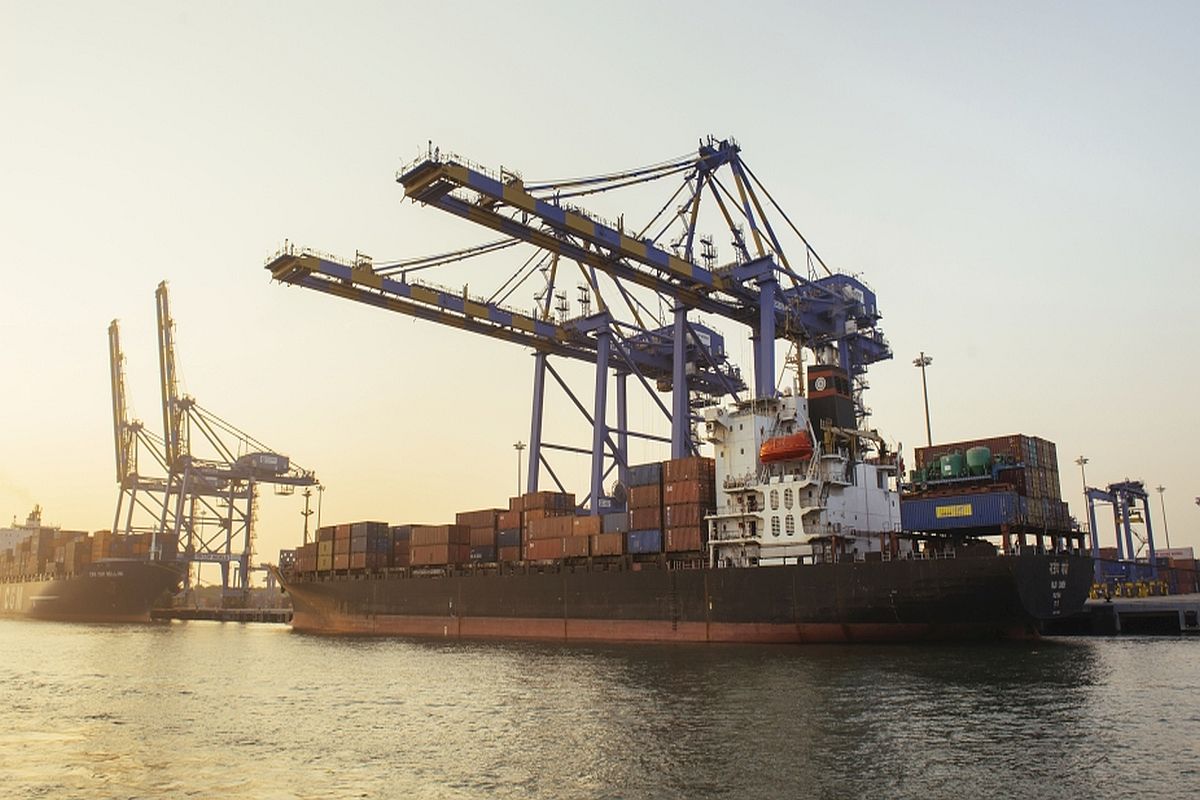India on Friday skipped Beijing’s Belt and Road forum for a second time in protest against the China-Pakistan Economic Corridor (CPEC) even as Pakistan Prime Minister Imran Khan said that the controversial project has entered a new phase and would go further ahead.
India sternly opposes the CPEC, a key artery of the Belt and Road project that cuts through Pakistan-controlled Kashmir, New Delhi’s raison d’etre for staying away from the trillion-dollar connectivity scheme.
Advertisement
Like the launch of the Belt and Road forum in 2017, India gave the second edition of the summit a miss over the CPEC.
India not approving the corridor has become a sticky point in its relations with China.
China maintains that the project is purely economic in nature and won’t impact Beijing’s neutral stance on the Kashmir issue.
Proposed by Xi in 2013, the Belt and Road aims to connect Asia, Africa and Europe through a vast network of highways, rail lines and sea lanes.
The heads of 37 countries and official representatives from nations and international organisations have gathered at the three-day event on the trillion-dollar connectivity project that President Xi Jinping sought to defend against mounting criticism that it was pushing poor countries into “debt trap”.
Pakistan, China’s close ally, is said to be one of the countries saddled with Chinese debt.
In his keynote address at the opening ceremony, Khan lauded the CPEC.
“Together Pakistan and China are entering the next phase of CPEC, with greater emphasis on socioeconomic uplift,” he said, adding that the next phase would be “supplemented” by the signing of an expanded free trade pact between the countries.
The multi-billion dollar corridor connects the Chinese city of Kashgar with Pakistan’s Gwadar port on the Arabian Sea.
The project has come under criticism from some Pakistani government officials who have expressed concerns about their country’s inability to pay back Chinese loans.
The US and other nations have also raised questions about China pushing countries like Sri Lanka and the Maldives into “debt traps” by giving them loans at usurious interest rates.
At the event, Xi tried to dispel those fears.
“In pursuing the Belt and Road cooperation, everything should be done in a transparent way and we should have zero tolerance for corruption.
“We welcome the participation of the multilateral and national financial institutions in BRI investment and financing. And we encourage third market cooperation. With the involvement of the multiples stakeholders, we can surely deliver benefits to all.
“We have also formulated guiding principles of financing the development of the Belt and Road and published a debt sustainability framework for participating countries of the BRI to provide guidance for BRI financing cooperation.
“The laws and regulation of participating countries should also be respected. We need to take people’s centric approach and give priority to poverty alleviation and job creation to see the joint pursuit of Belt and Road cooperation would deliver true benefits to the people of the participating countries,” the Chinese leader added.
